Description
ICH4801 Assignment 2 Memo | Due 2025. All questions fully answered. SECTION A: COMPULSORY SECTION Question 1 [40 marks] Question 1(a) (20 marks) – compulsory Read the given extract titled, “Colonialism, coloniality and post-colonial Africa: a conceptual framework”, from chapter 7 of the prescribed book (Seroto, Davids & Wolhuter 2020) and then answer the questions that follow. Colonialism, coloniality and post-colonial Africa: a conceptual framework Post-colonial reconstruction of African societies cannot be limited to political and economic transformation. Due to the predominance of Western epistemologies and systems of education during and after colonialism, the African masses often became oblivious to their forgotten history. Western European colonial policies such as ‘assimilation’ (French) and ‘assimilados’ (Portuguese) were based on a rejection of the local culture and an adoption of a foreign, European culture – essentially a denial of an African identity. The African elite that worked in close collaboration with the colonial administration often became the main protagonists of European culture. When a few African leaders met in Addis Ababa in 1963 to establish the Organisation of African Unity (OAU), the objective was to liberate the continent from colonialism and apartheid. While apartheid was abolished in 1994, African countries remained largely dependent on foreign aid which compromised their political and economic independence. Without achieving its objectives, the OAU was dissolved in July 2002 and transformed into the African Union (AU), which aimed to unite its fifty-three member-states politically, socially and economically. The AU intended to address the old African problems afresh through the promotion of ICH4801/101/0/2025 23 democracy, good governance and foreign investment (Carbone, 2002). For a long time, Africa seems to have been suffering from the aftermath of colonialism, which has posed serious challenges to its economic development and independence. The colonial legacy left behind structural inequalities that were difficult to eradicate. However, Smith argues that ‘there can be no social justice without cognitive justice’ and calls for an ecology of knowledge(s) that enables alternative ways of knowing and scientific knowledge to co-exist (Smith, 2012:214). The inspiration of an African Renaissance, which is mainly about cultural and intellectual revitalisation, should become an integral part of transforming and reconstructing the socio-economic landscape of Africa. Therefore, the restoration of Africa’s intellectual and cultural history needs to be at the centre of political and economic reconstruction and should not be treated in isolation. A common observation in previously colonised societies during the post-colonial period is the patronising continuation of colonial myths and stereotypes that represent the culture of the colonised as inferior (Alvares, 1991). Colonial powers regarded Asian and African people as belonging to ‘backward’ or ‘child races’, who were inherently inferior because of their skin colour and perceived immorality, laziness, as well as a disregard for the sacredness of human life (Kies, 1953). These stereotypes became an integral part of the colonial educational systems. To maintain the political and social dominance of the colonisers, the real history of colonies was suppressed and replaced with the history of the coloniser, which was alienating to the local populations. The continuation of a colonial worldview and lifestyle after achieving political independence became a defining characteristic of post-colonial Africa, which had to be confronted. Conceptually, Maldonado-Torres (2007) explains the irony of colonial continuity by drawing a distinction between ‘colonialism’ and ‘coloniality’. Colonialism designates political and economic relations in which the power of a people rests on a foreign colonial/ imperial power, while coloniality refers to institutionalised colonialism, i.e. colonial practices, expressed in a longstanding pattern of culture, social relations and knowledge production (Maldonado-Torres, 2007). This duality between colonialism and coloniality has previously been addressed by Mignolo (1999) who sees the imaginary of the modern/ colonial world as a function of ‘colonial difference’ that operates on a notion of a ‘coloniality of power’. Mignolo borrows the concept ‘double consciousness’ from WEB du Bois, which captures the dilemma of subjectivities formed within the colonial difference, i.e. the experience of anyone who has lived and lives modernity from coloniality (Mignolo & Ennis, 1999:29–30). Double consciousness becomes a crucial concept in explaining the ambivalence and tendencies of liberated Africans towards colonialism. 1. Define

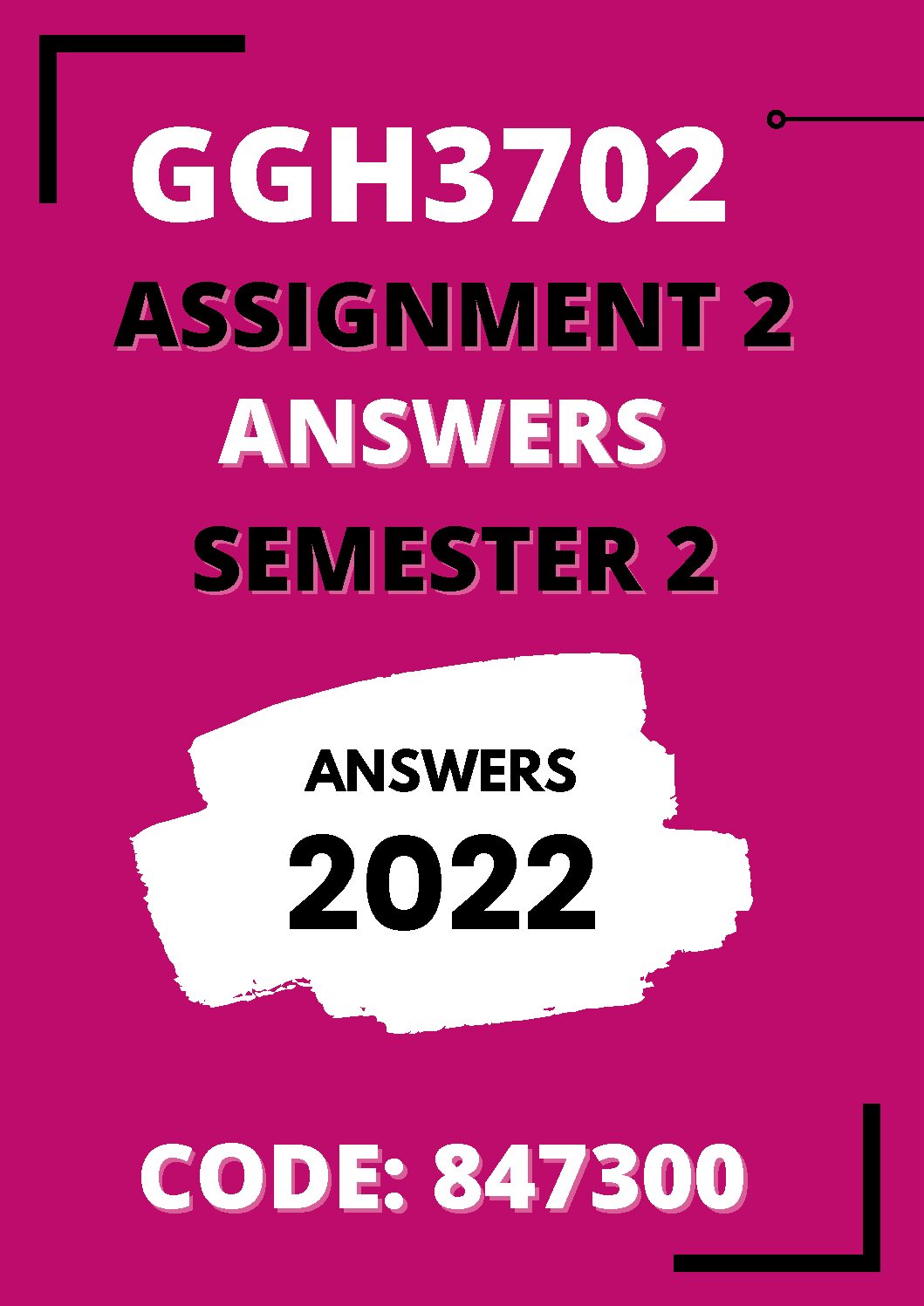



















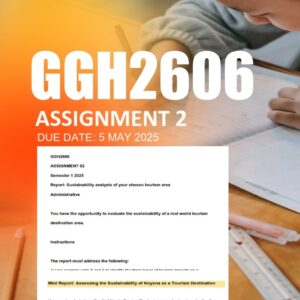







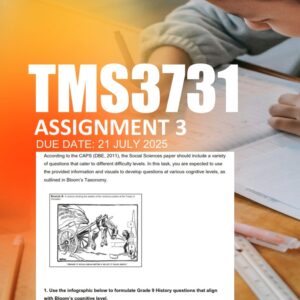
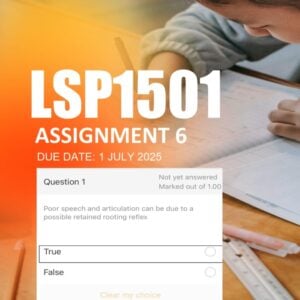


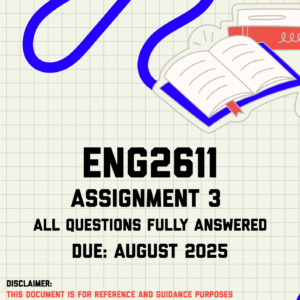


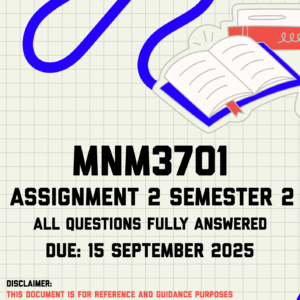


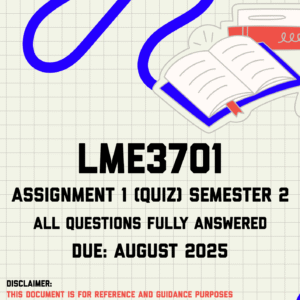
![MNG2601-All-in-One Exam Pack [2023]](https://studypass.co.za/wp-content/uploads/2022/12/1-30-300x300.png)


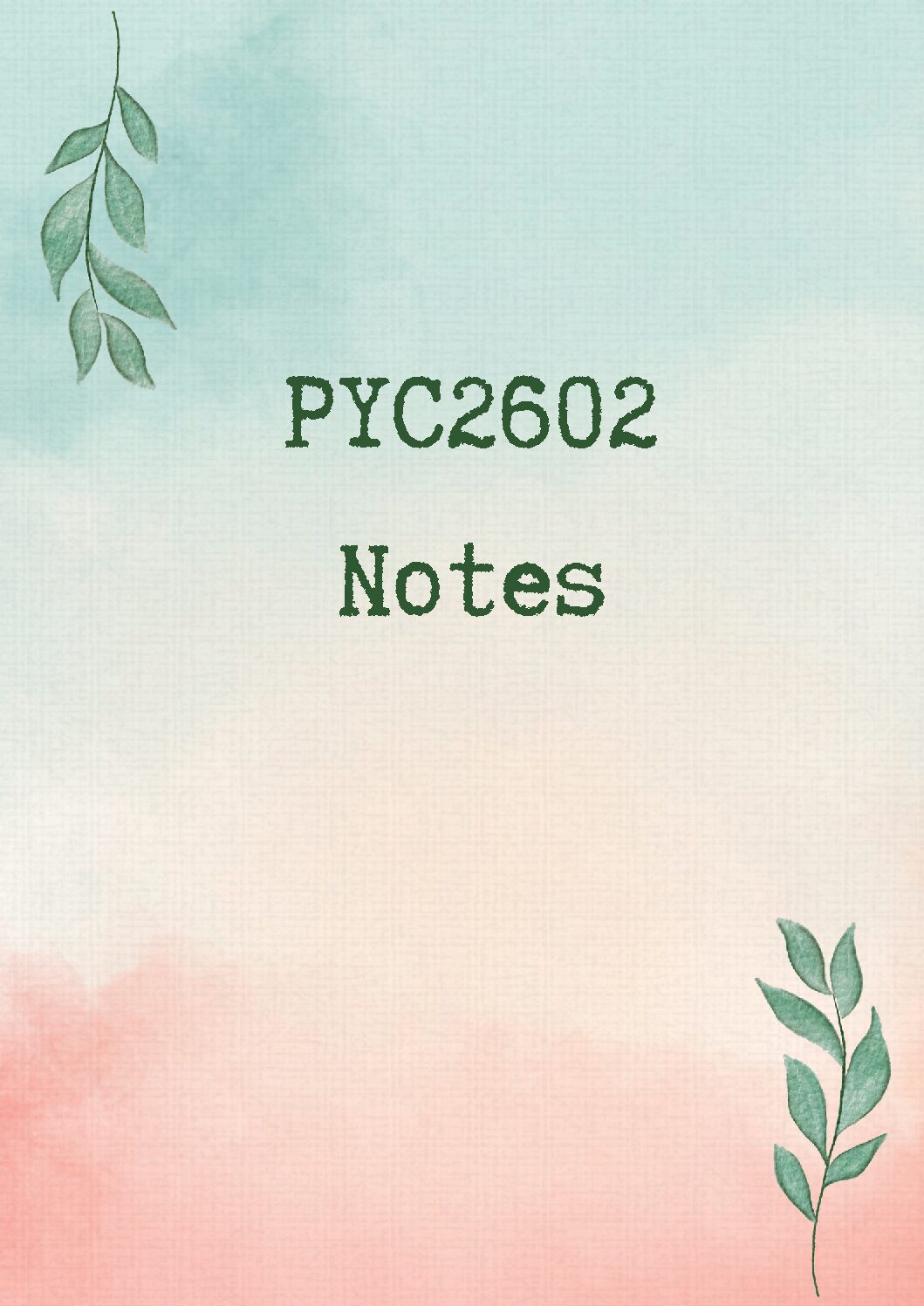
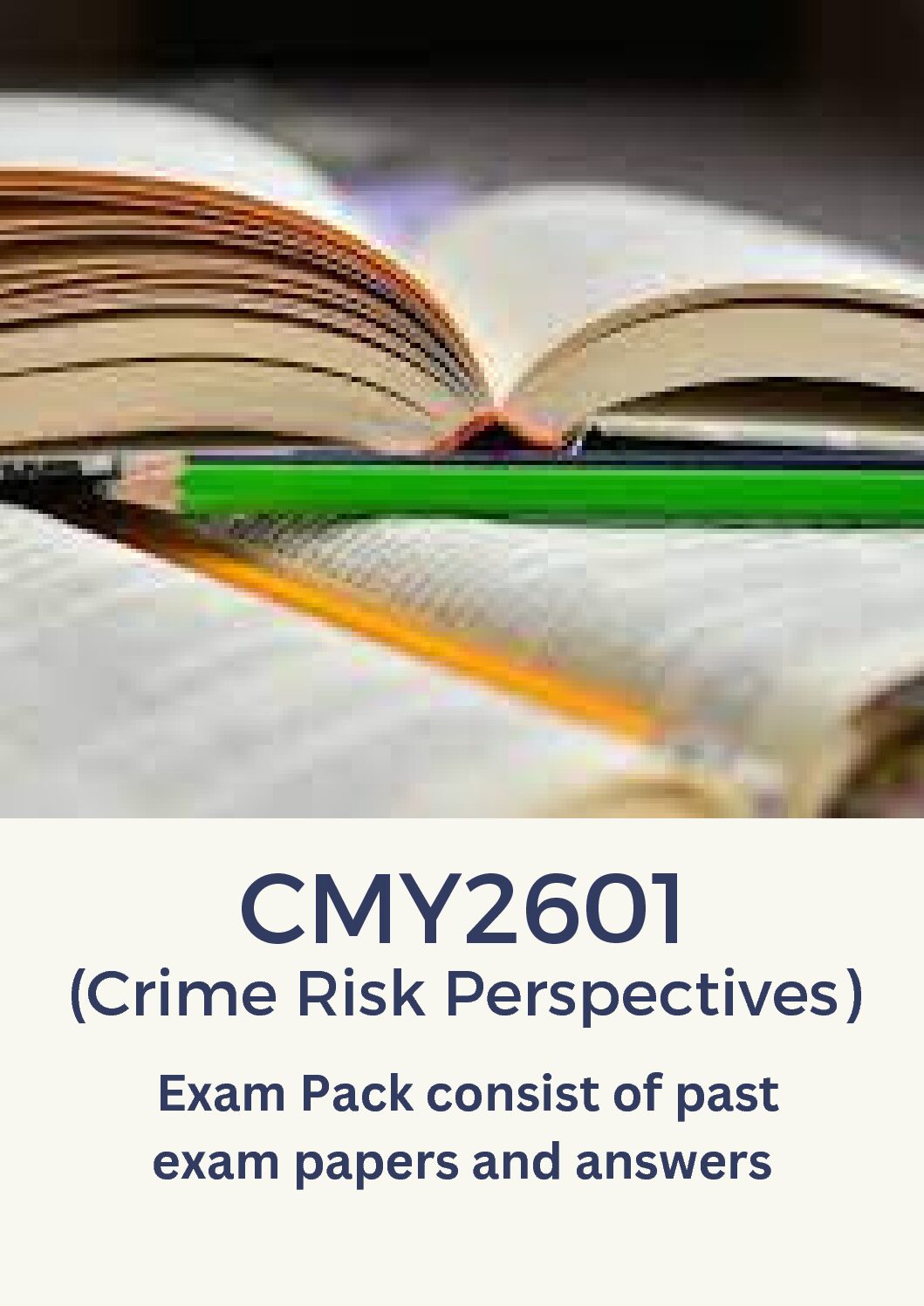
Reviews
There are no reviews yet.